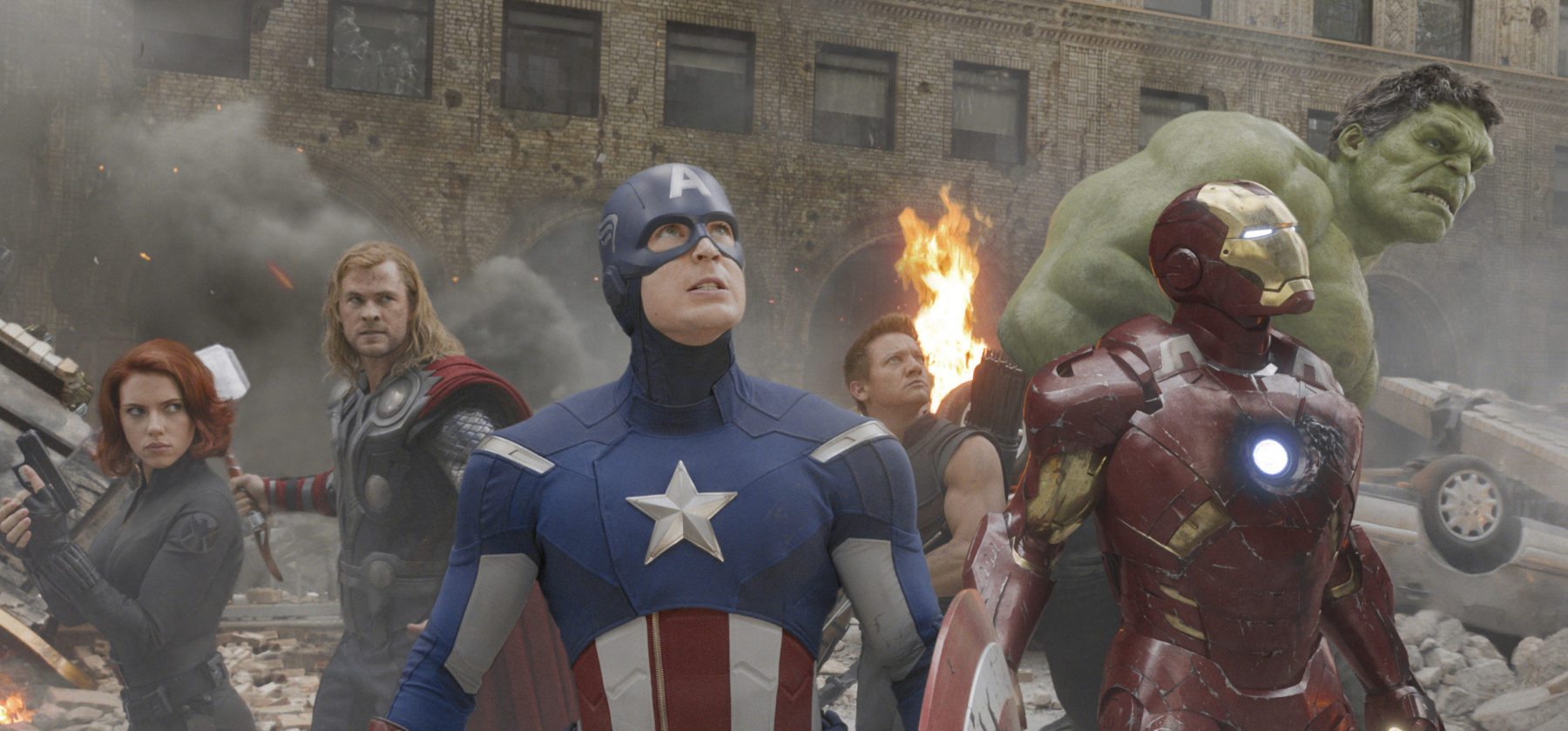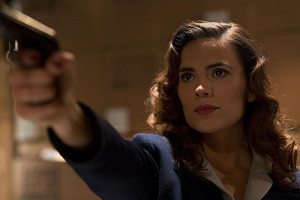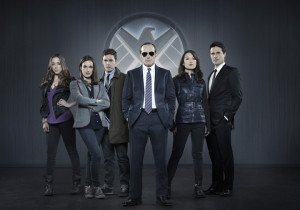Boar Civil War: Marvel Films vs Marvel TV
[dropcap]T[/dropcap]he Marvel Cinematic Universe is ever-expanding, but which are better: its films, or its television series? Boar Film and Boar TV have gone head-to-head in this special collaborative feature; you can read Boar Film‘s opposition on their section webpage.
Daredevil
A psychological battle between killing and not killing; secrets and love affairs at the corner of every road; disposable little villains each week: is that what you were expecting? Well, you were wrong. Daredevil is far better than that.
Daredevil tells the story of two men: Daredevil, an angry masked man beating down criminals at night; and his alter ego, Matt Murdock (Charlie Cox), a blind lawyer trying to break through with his friends.
Despite the fact that even Joss Whedon thought Daredevil would work better as a film, Drew Goddard proved him wrong. Netflix’s show includes deep rooted character development, uses its low budget to create a resonating, gritty, and obsessive cinematography, but – more importantly – it finally creates a hero who lives within the same sick city he wants to protect.
Forget cinematic self-explanatory flashbacks, and small talks merely constructed to entertain you until the next fight. In four words: this is serious drama.
Patrick Sambiasi
Agent Carter
Captain America gave us just a glimpse into the gender-based struggles of a certain Peggy Carter, who wins over the aforementioned superhero, not simply through being attractive, smart, and kind, but also through her sheer determination of will.
In Marvel’s television series, Agent Carter, Peggy manages to work not just as a spy for a secret organisation, but also as a representative of women in the typical 1940’s American workplace.
The series, while partly focusing on the legacy of Steve Rogers’ sacrifice, also portrays her entertaining and emotionally-charged relationships with Jarvis, Angie Martinelli, and her fellow agents. Its serialised structure means we get to see her slow, difficult process of grieving even while she beats up bad guys. And, most importantly, we see how she eventually reconciles with her loss.
We have all heard her work with S.H.I.E.L.D. in the films, but the series takes the time to show us just how valuable Peggy Carter is.
Christine Wong
Agents of S.H.I.E.L.D.
Marvel’s Agents of S.H.I.E.L.D. operated as a formulaic procedural drama for much of its first season. Its second season, however, saw it embrace the fantastical elements of its superhero universe, with the introduction of the Inhumans.
Significantly, this development came almost four years before Marvel’s big-screen adaptation hit the theaters. Instead of merely feeding off the wider reverberations of the Marvel Cinematic Universe, S.H.I.E.L.D. had now begun to affect its own changes.
In the meantime, Avengers: Age of Ultron has proven something of a failure. Constrained by the relative succinctness of its form, its characters engaged exclusively with each other, and not the real world.
Because of this, later films and television series were left to explore the greater ramifications of their actions. This intertextuality suits television best, however, as a medium that finds success in accumulation and time. S.H.I.E.L.D. forms the vital connective tissue between these properties, both preempting and expanding upon larger events.
Lewis Reynolds
Film or TV?
Superheroes are boring. Who cares about muscular Americans beating up bad guys, and causing billions of dollars’ worth of property damage in the process?
What’s not boring, are the ordinary people behind the superheroes: the Peggy Carters and the Matt Murdocks.
Marvel’s films are too showy. They know they only have ninety minutes or so to win over an audience, so they cram it full of punches and explosions. I spent roughly seventy percent of Age of Ultron with no idea about what was happening, as various objects were decimated. The other thirty percent, which I enjoyed, was the domestic stuff. I want to hear about Natasha’s past, to see Hawkeye’s house. Don’t ruin it by blowing things up!
The joy of TV shows is that they’re a whole lot longer.
TV encourages exploration; it encourages the slow-build and the world-building which make a work of fiction successful
Marvel are able to stop worrying about instant titillation in their series. Special effects give way to character development and backstory. Boring superheroes give way to fascinating, ordinary people.
Carmella Lowkis
![]() Whose side are you on: Film or TV? Tweet us @BoarTelevision with the hashtag #BoarCivilWar, or let us know in the comments below!
Whose side are you on: Film or TV? Tweet us @BoarTelevision with the hashtag #BoarCivilWar, or let us know in the comments below!




Comments